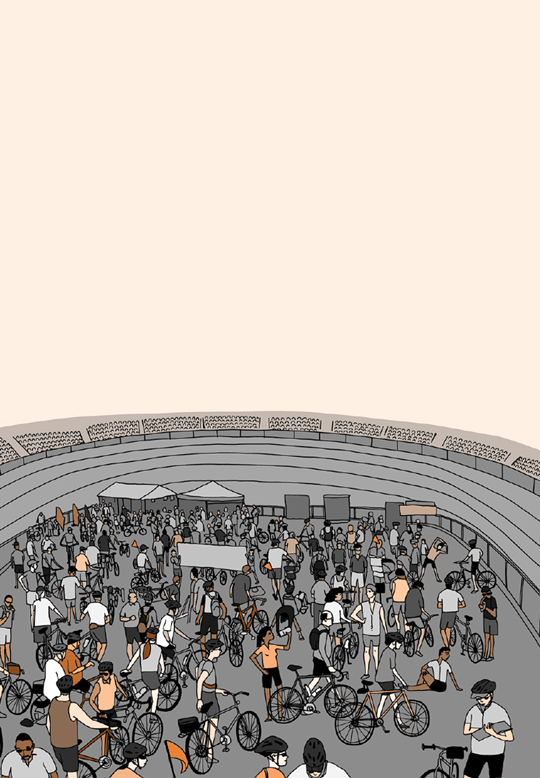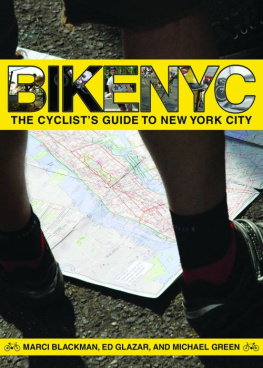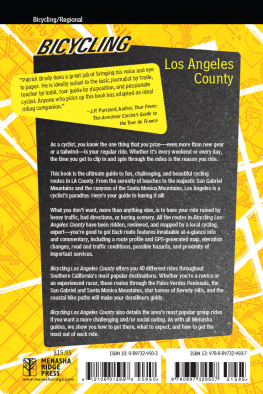


This book is for the Heckawee:
Executive Counsel Dale Aschemann, Roberto Bob Barrios, Big Tom Harbert, Michael Molteni Humphries, David Champ Neis, Mike Napoleon Pease, John Chief Reimbold, and Professor Darren Sherkat.
May we forever not care how long it takes us to get there or how much Cave Creek we may drink along the way.

CONTENTS

WE SHALL CALL THEM BIKE TRIBES

Sometimes the hardest things to understand are the easiest to explain. Like breathing. Thats easy enough to explain. If we stop breathing and dont start breathing again in a jiffy, well die. Little kids can understand that. Little kids can easily understand sunshine and green plants and where oxygen comes from, too. Their teachers have explained how the sun strikes the leaves and feeds the plants and the plants in turn feed us and how, when plants breathe, they make oxygen for us. Without sunshine, all little kids know, there would be no life at all.
But how do plants breathe anyway? How can plants eat sunshine when human beings are getting burned by it? And why do schoolteachers say if we stare at the sun well go blind? Little kids will blow their minds on the spot if they think about that sort of stuff too long. Same is true of grown-ups. Theres just so much we dont know. In fact, Ill bet probably fewer than one person in a thousand can explain, in accurate detail, the actual chemical process of human breathing, respirationthe way oxygen passes from our lungs into our bloodstream and makes us strong of body and of mind and of spirit and yet still crazy enough to ride bicycles with our friends 25 miles on the back roads to the next town to buy a Snickers bar and then ride the 25 miles back home. Because thats what respiration does, right? Makes us want to ride bicycles? And is that whats known as the Krebs cycle?
Forgive me. For one thing, Im obviously not a scientist. For another thing, Im a lifelong cyclist and somehow have developed an involuntary habit of twisting all avenues of inquiry toward cycling. There are scientists who are cyclists, of course, as there are cyclists from every conceivable walk of life. Ive known filthy rich cyclists with garages full of bikes, and Ive known cyclists who were unemployed and flat broke and begging other cyclists for spare inner tubes and a new chain and a couple of extra energy gels to tide them over till they can catch a break. Some of the cyclists Ive known have been brilliant, some not so brilliant. Some of them have been the nicest, most interesting people Ive ever met. Some have been total jackasses in every possible connotation of the word. I have been a jackass from time to time, too. I admit it.
Being a jackass is not unique in cycling. Ask any cyclists you know. Theyll say the same thing. We have nice people in cycling and mean people and middle-of-the-road people. We have every personality type you can imagine. What cyclists share, incontrovertibly, is this: Deep down, we wouldnt be happy without cycling. In this sense, we are all the same.

SO THIS IS a book about people who ride bicycles. I wish it were a book about bicycles without the people attached to them, to tell you the truth, because bicycles are not the most complicated things on this earth, at least compared to human beings, which are unbelievably complicated according to anyone whos ever had anything to say on the matter.
Im not necessarily an authority on people, either, other than Im 49 years old and am foolish enough, and proud enough, to believe that age adds up to wisdom. Some days, Im not sure it doeslike when Ive forgotten my list at the grocery store for the third time in a row or when I cant remember my own phone number (and who calls themselves anyway?) or get hopelessly lost on a bike ride in the countryside. But not even the wisest soul is wise 100 percent of the time. Ive seen some things over the years, I guess, and like most people my age, Ive spent considerable periods of my life trying to understand why people think the things they do and why they do the things they do. My general conclusion about people is not very encouraging, but whenever I lay it out there for discussion, I receive support for it. Heres what I believe: People are difficult. Thats just a fact everyone agrees on. The other fact people agree on is that no human being, ever, anywhere, has figured out exactly why people are so difficult.
But bicycles are just bikes. What could bikes possibly do wrong? What could bikes possibly say to offend you? Or misinterpret what you said?
In the most general sense, a cheap bicycle for sale at a department store chain is essentially the same machine as a fancy carbon-fiber road-racing bicycle that you might see in a Pro Tour cycling event. The fancy bike and the cheap bike both have two wheels, a frame, a fork, a crank, pedals, a chain, a seat post, a saddle, and a handlebar. They both smell like rubber and grease when theyre new. There is some relatively complicated engineering associated with even the simplest bicycle, for sure, and with a Pro Tour bicycle there is some profoundly complicated aerospace-style engineering involved. But these differences in engineering are salted-in-the-shell peanuts compared with the intricacies of people who pedal these machines. I say this with nearly complete ignorance of engineering, mind you, and with only the fanatical belief that human beings are always more interesting and important than machines. Not all cyclists, it goes without saying, agree with me on this.
But even a dog, the sworn enemy of cyclists since the invention of the bicycle, can wrap its mind around this kind of math: Bicycles + People = Cycling. This means that understanding cyclists should be easy, but the hard truth about cyclists is that very few of us understand each other.
This is how the misunderstanding happens: Millions of people are involved in cycling worldwide. Some ride bikes for transportation. Some ride for exercise and fresh air. Some ride for competition, racing bikes on the road or on the track or on trails or in fields of mud or across the United States or on a long loop around France every July. Some people are as dependent on their bicycle as a heroin addict is on heroin. Some people ride their bicycle one time a year and think thats enough. In general, cycling itself is a highly individual, highly idiosyncratic activitythe type of sport where people quite regularly get into it by riding alone and without having to submit to the greater will of a group. And as a consequence, the people who are drawn to cycling seem to be spirits who follow their own advice, their own guidance, their own ways of thinking about the world and how they ought to be riding bicycles in it.
Next page














